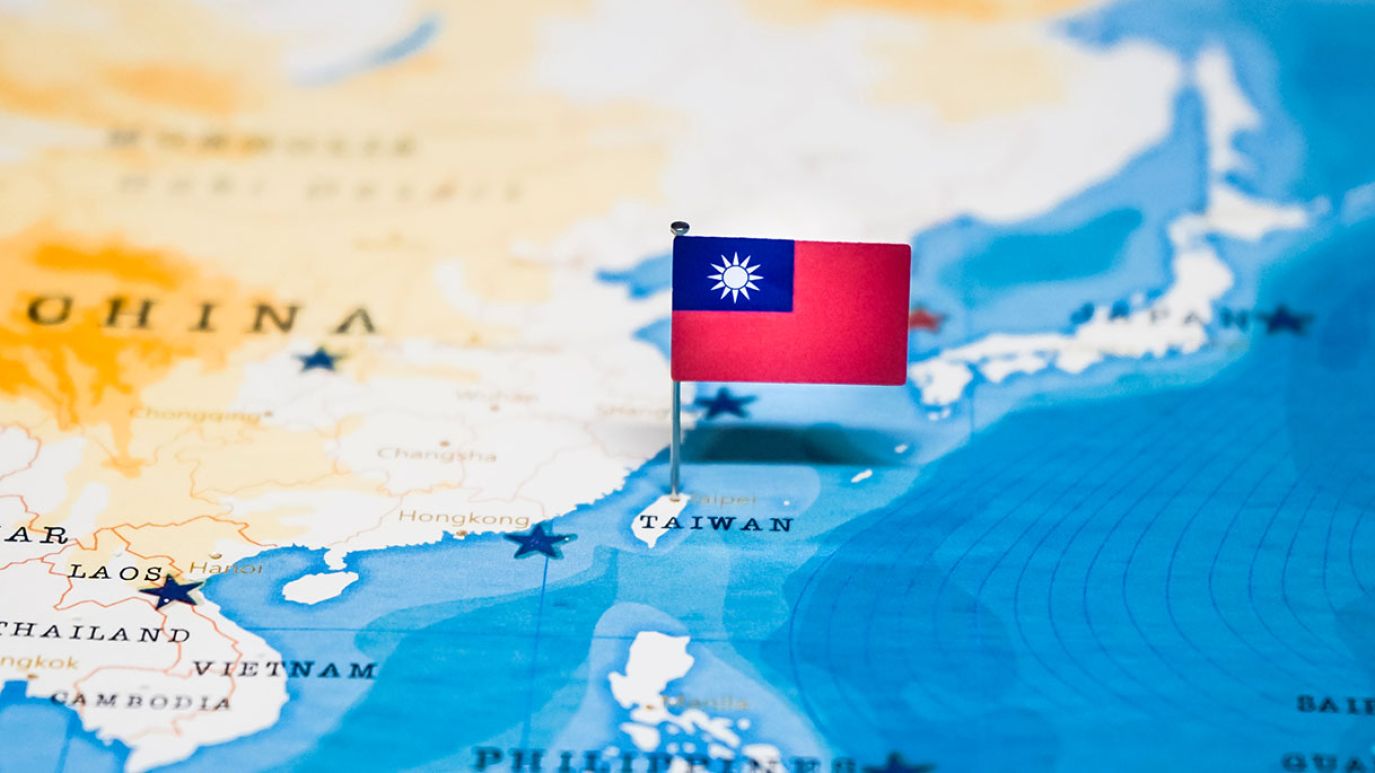Tensions mount as Taiwan elections draw nearer

Washington is having to tread a delicate diplomatic tightrope as China starts to ramp up pressure on Taipei in advance of Taiwan’s presidential elections in January 2024.
Taiwanese Vice-President William Lai Ching-te is expected to stop over in the US on his way to the inauguration of Paraguayan President Santiago on 15 August. Lai, who will represent the ruling Democratic Progressive Party (DPP) in the island’s presidential election in January 2024, will lead a delegation of 50 Taiwanese business leaders and government officials during the trip.
Lai is expected to land in New York on 12 August and return via San Francisco on 16 August. The stops have angered Beijing, which made a complaint to the US government two weeks ago regarding the stopovers. This has not been helped by false media claims that Lai had asked to visit Washington and Arlington, Virginia – the latter is home to the headquarters of the American Institute in Taiwan (AIT), which essentially functions as the US embassy in Taiwan.
US Secretary of State Antony Blinken warned that China should not use the stopovers as a chance for “provocative actions”, stating that such stopovers were “common practice”.
However, on 9 August, Taiwan reported that 10 Chinese air force fighter planes accompanied by five Chinese warships had entered Taiwan’s air defense zone in “combat readiness” patrols apparently in response to Lai’s visit – as it did when Nancy Pelosi visited Taiwan in August 2022. It followed a similar incursion a few days earlier on 6 August. Such incursions are becoming more regular as China puts pressure on Taiwan to accept mainland China’s sovereignty over Taiwan and are likely to increase as the Taiwanese elections get closer.
The incursions also follow Lai’s comments a month earlier, on 10 July, that “when Taiwan’s president can enter the White House, the political goal that we’re pursuing will have been achieved”. This statement angered Beijing and prompted the US to ask Lai to clarify his comments. Under US policy, senior Taiwanese officials are not allowed to visit Washington under Washington’s recognition of the “one China” policy that upholds Beijing as the sole government seat of China.
However, Lai’s comment signals a broader willingness by the pro-independence DPP party to build relations with Washington. Lai is the current frontrunner in the elections, while his main rival, New Taipei City Mayor Hou Yu-ih and the Kuomingtang (KMT) nominee, supports closer relations between Taipei and Beijing. However, he is considered to be very moderate on the issue of the Taiwan Strait. A third-party candidate, Ko Wen-je of the Taiwan People’s Party (TPP), has yet to fully reveal his policies towards China and foreign states.
Of course, the results of Taiwan elections will have a significant impact on global geopolitics, hence China’s annoyance at Lai’s comments and his planned stopovers in the US, albeit in transit. Meanwhile Washington has expressed no serious concerns over Lai’s comments, and that the matter had been resolved.
The US recognizes the delicate balance that it is not perceived to be favoring any one candidate over another, potentially influencing the results of the election, as it could further exacerbate bilateral tensions. No doubt many twists and turns will unfold between now and January 2024. Pamir is providing insight and expertise on how Taiwan’s election politics are shaping up to impact the geopolitical, technological, and business landscapes over the coming months.
China’s 5G influence in developing economies
China’s Belt and Road Initiative and its digital counterpart, the Digital Silk Road, threaten to displace US telecom and tech companies in developing economies in Africa, Latin America and the Middle East. How can US operators and network providers stand up to the challenge?